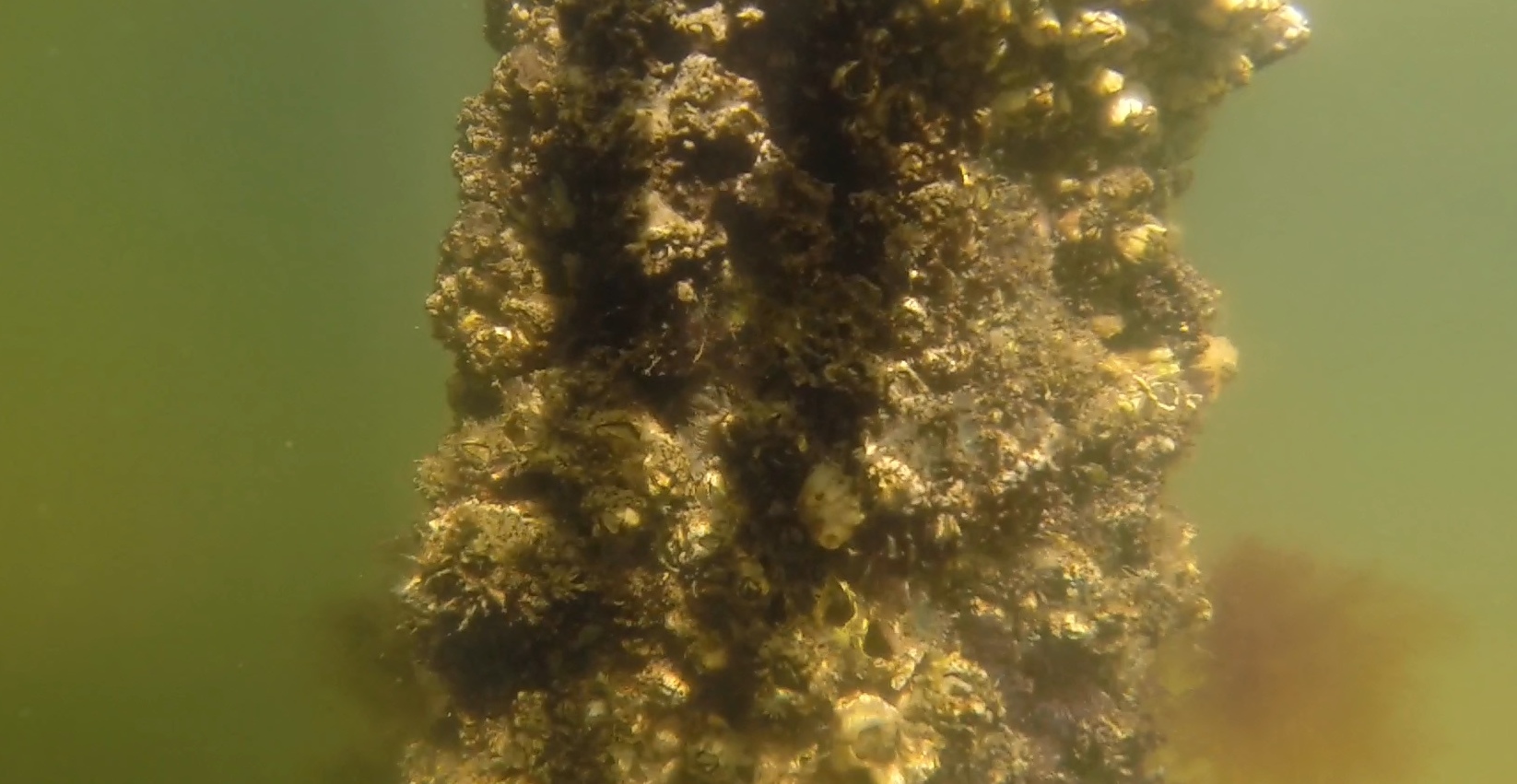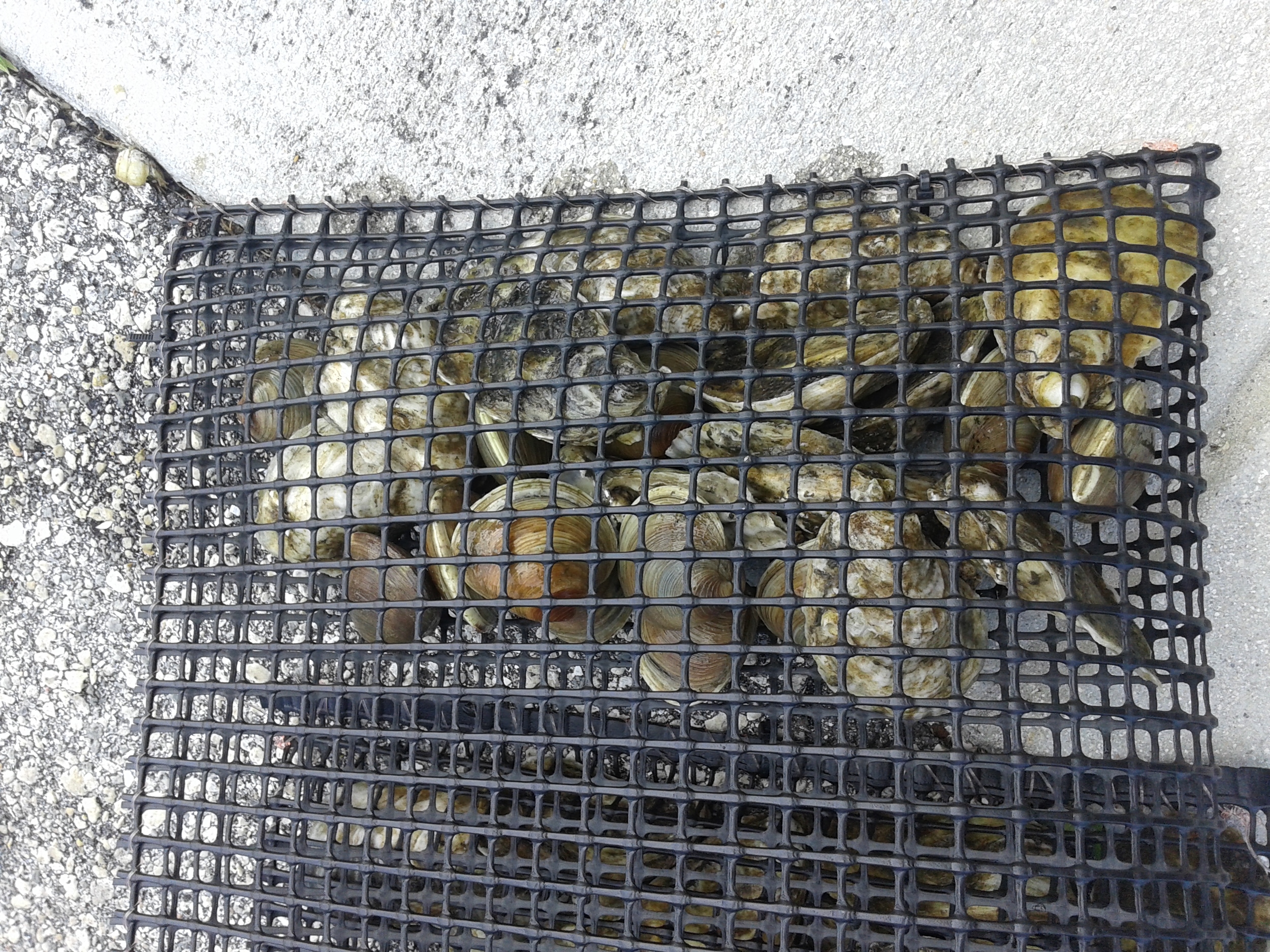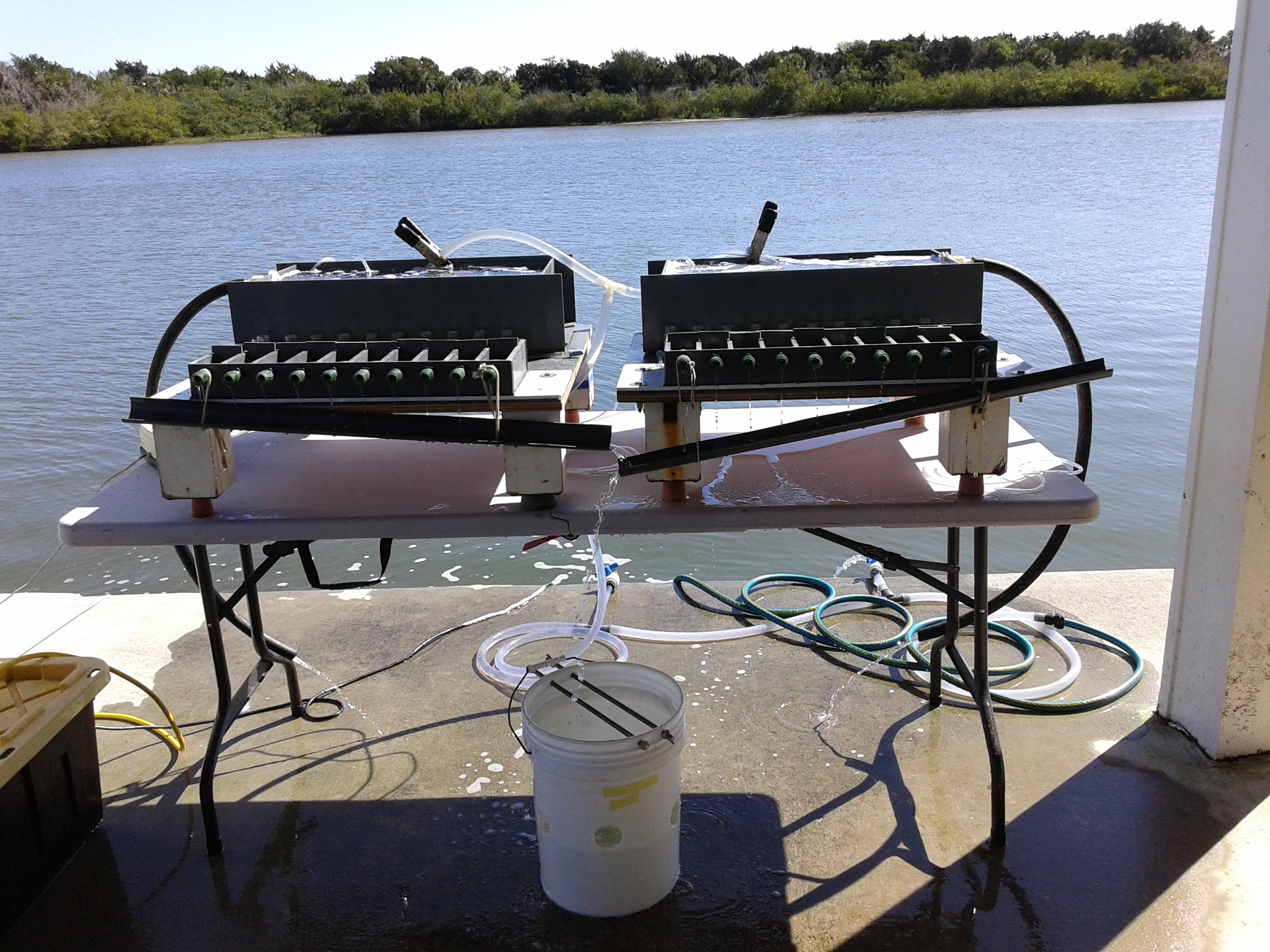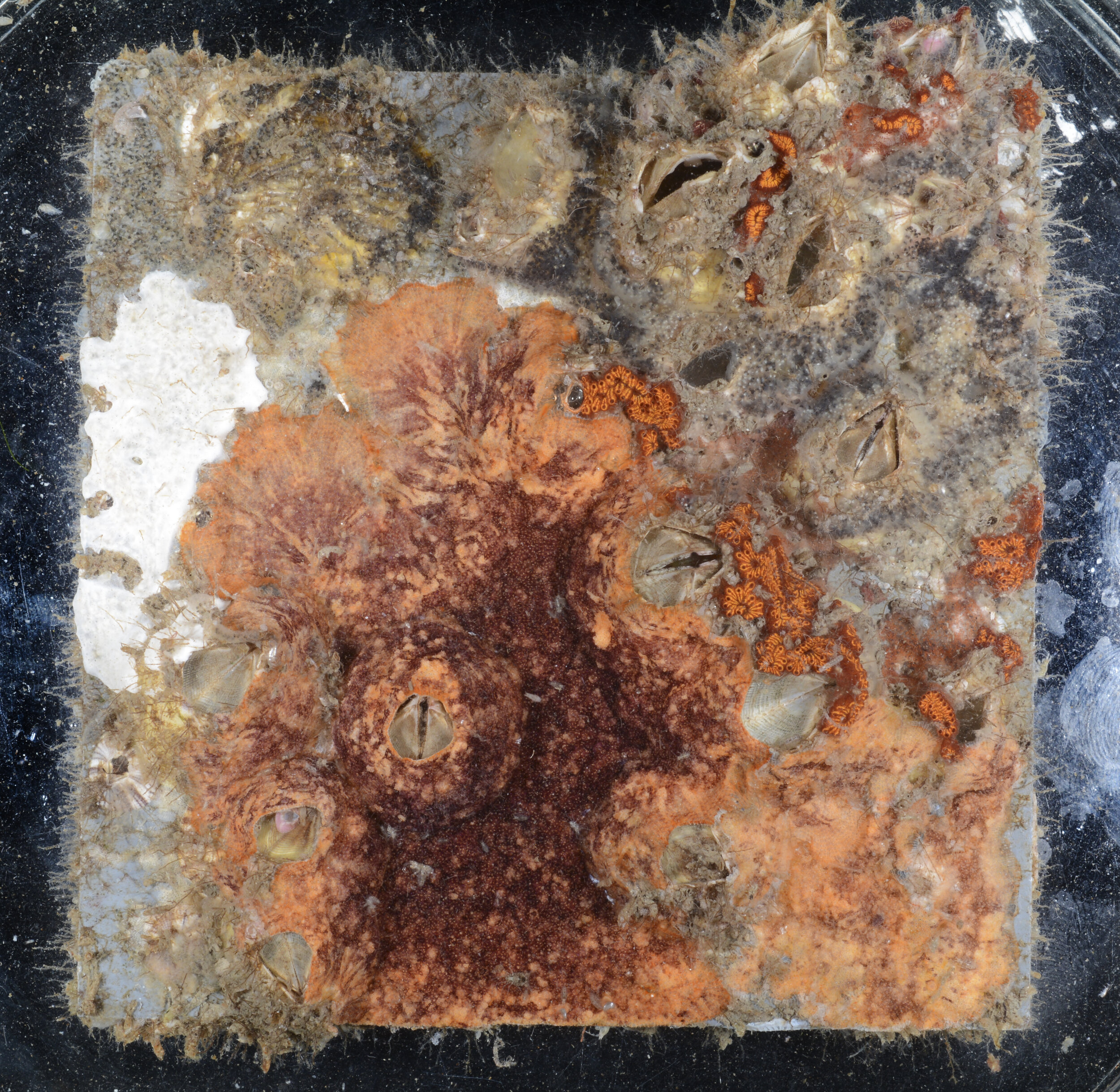Community Ecology
Despite being called the nutritional equivalent of a “marine desert”, coral reefs are home to incredibly diverse communities of organisms. I study the role that interactions between microbial symbionts and hosts (like sponges, octocorals, and reef building corals) play in maintaining this biodiversity. This research investigates how associations with specific microbial symbionts might allow coexisting organisms to use new and unique resources on a reef. Accessing and dividing available resources in this way could reduce competition and support overall biodiversity.
I also investigate the role that filter feeder communities play in nutrient and organic matter cycling in estuaries. Our recent research was on harmful algal blooms within the Indian River Lagoon of central Florida. Here I was interested in the role that both individual filter feeders like bivalves and barnacles and whole communities play in top down control of these blooms. Many of these organisms are capable of removing large amounts of organic matter from the water each day by filter feeding, and our research also supported their role in the removal of algal bloom cells both in the field and lab.




